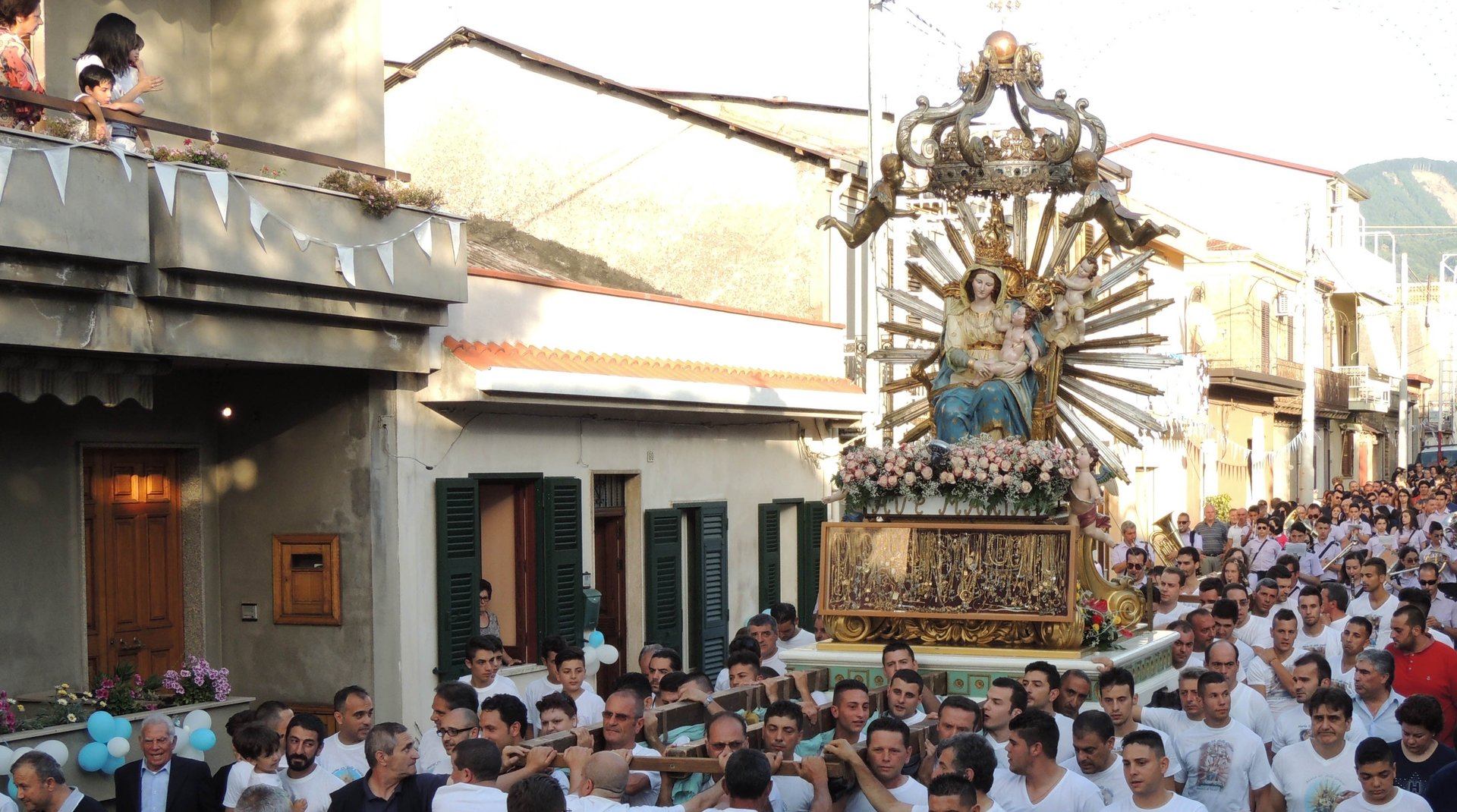The Catholic Church banned honoring the Mafia during Easter processions in Italy
Easter is a big deal in Italy. But in some parts of the country, revelers celebrate more than just the resurrection of Jesus Christ. The traditional Easter processions in southern Italy pay visits to the homes of mafia bosses, bowing the statues of saints they carry in salute. This year, church authorities say basta!


Easter is a big deal in Italy. But in some parts of the country, revelers celebrate more than just the resurrection of Jesus Christ. The traditional Easter processions in southern Italy pay visits to the homes of mafia bosses, bowing the statues of saints they carry in salute. This year, church authorities say basta!
The Church’s Holy Week starts on Wednesday, and both local authorities and Pope Francis have called for the end of mafia worship. Organized crime is a huge problem in Italy, especially in the south of the country, where local branches of the mafia continue to grow in wealth and power.
“We need to stop making the statues protagonists in the criminal organization,” Luigi Renzo, the archbishop of Mileto-Tropea-Nicotera, a diocese in the Calabria region, which is home to the global crime syndicate ‘Ndragheta, said on Palm Sunday. He banned anyone who was convicted or is on trial for mafia-related crimes from involvement in the procession.
Another Calabria bishop, Francesco Milito said that the procession routes now had to be vetted by the church. “We are determined to claim back, and indeed purify, this form of popular piety, which is particularly connected to Holy Week.”
In 2014, a procession in one town in his diocese, Oppido Mamertina, became an embarrassment for the Church, when it stopped by the house of Giuseppe Mazzagatti, an 82-year-old ‘Ndragheta don who was serving a life sentence under house arrest. The incident happened soon after Pope Francis visited Calabria, famously excommunicating the mafia.
Earlier this March, the pope visited Naples, and in a neighborhood controlled by the local mob, the Camorra, he said it was time to end the rule of corrupt politicians and the mafia, which he called “the tears of the mothers of Naples.”
“Corrupt society stinks,” he said. “We all have the potential to be corrupt and to slip into criminality.”